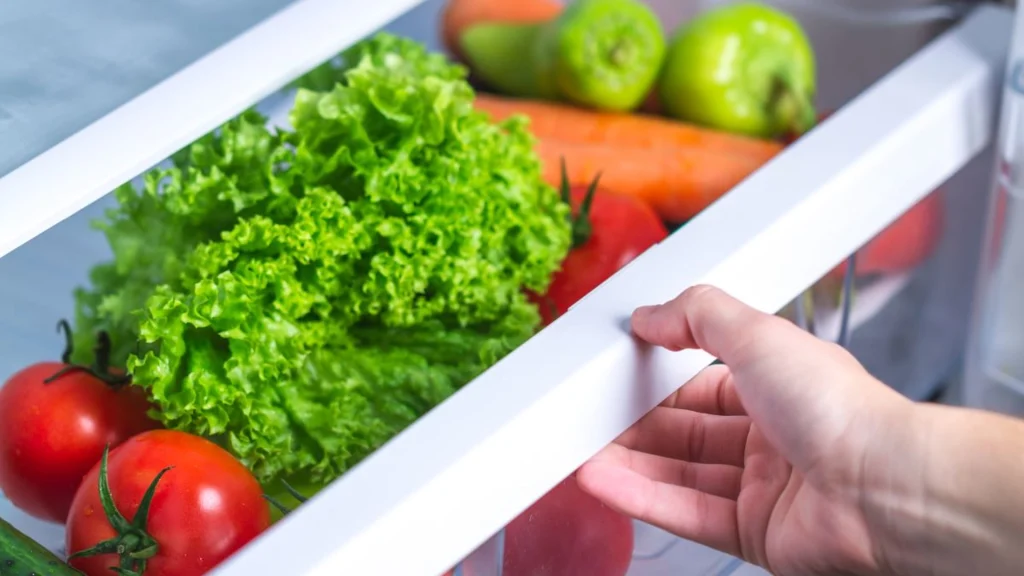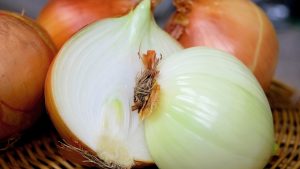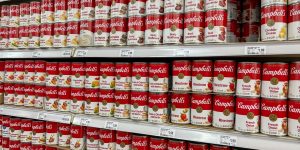Ever wondered why your groceries spoil so quickly? Learn the best way to store different foods in your fridge to maximize freshness, reduce waste, and save money.
Others are reading now
Have you ever found yourself throwing out food that went bad faster than expected?
Proper fridge organization isn’t just about tidiness; it can make a big difference in extending the life of your groceries, preventing waste, and ensuring you always have fresh ingredients on hand.
According to Express, here’s how to store your food correctly by making the most of each fridge section.
The Top Shelf
The top shelf is slightly warmer than the lower sections, making it a good place for perishable items that don’t need to be extra cold, like cold cuts, desserts, and dips. Keeping these items here allows them to stay cool without freezing or wilting.
Also read
The Middle Shelf
The middle shelf is the ideal spot for dairy items that benefit from a stable, cool temperature. Store milk, cheese, yogurt, and butter here to keep them fresher for longer. Many fridges even come with special dairy compartments that maintain an extra stable temperature to protect dairy products from rapid spoilage.
The Bottom Shelf
The bottom shelf is the coldest area, making it perfect for raw meat and fish. Not only does this placement keep meat fresh, but it also helps prevent cross-contamination—juices from raw meat won’t drip onto other foods. Use containers or plastic wrap to further protect other items from contamination.
The Drawers
Fridge drawers are designed to keep fruits and vegetables fresh by providing a higher humidity level. Store fruits and veggies in separate drawers to prevent ethylene-sensitive vegetables from ripening too quickly. Ethylene-releasing fruits, like apples and pears, can be stored separately to slow down the ripening process of surrounding produce.
With these simple strategies, you can extend your groceries’ shelf life, reduce food waste, and enjoy fresher food every day.
Proper storage doesn’t just keep food fresh—it also helps you get the most out of your grocery budget.








